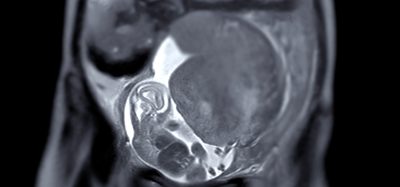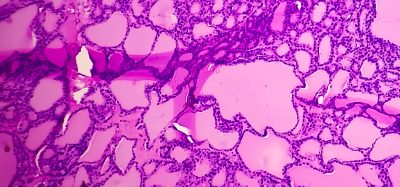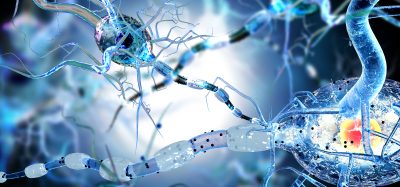Newly discovered mechanism behind cognitive decline in aging
Posted: 27 July 2023 | Izzy Wood (Drug Target Review) | No comments yet
US researchers say new mechanism could lead to new drugs and therapies to treat normal cognitive decline in aging.


Scientists at the University of Colorado Anschutz Medical Campus (CU Anschutz), US, have discovered what they believe to be the central mechanism behind cognitive decline associated with normal aging.
“The mechanism involves the mis regulation of a brain protein known as CaMKII which is crucial for memory and learning,” said the study’s co-senior author Dr Ulli Bayer, Professor of Pharmacology at the University of Colorado School of Medicine. “This study directly suggests specific pharmacological treatment strategies.”
Researchers using mouse models found that altering the CaMKII brain protein caused similar cognitive effects as those that happen through normal aging.
Bayer said that aging in mice and humans both decrease a process known as S-nitrosylation, the modification of a specific brain proteins including CaMKII.
“The current study published in Science Signalling, now shows a decrease in this modification of CaMKII is sufficient to cause impairments in synaptic plasticity and in memory that are similar in aging,” Bayer added.
Normal aging reduces the amount of nitric oxide in the body. That in turn reduces nitrosylation which reduces memory and learning ability. The new research opens the way toward developing drugs and other therapeutic interventions that could normalise the nitrosylation of the protein. He said that holds out the possibility of treating or staving off normal cognitive decline for an unknown period of time.
He pointed out that this would only work in normal age-related cognitive decline, not the decline seen in Alzheimer’s disease and dementia. “We know this protein can be targeted,” Bayer concluded. “And we think it could be done pharmacologically- that is the next logical step.”
Related topics
Animal Models, Neurosciences, Protein, Protein Expression, Therapeutics
Related conditions
Aging, Alzheimer’s disease, cognitive decline, Dementia
Related organisations
University of Colorado Anschutz Medical Campus (CU Anschutz)
Related people
Dr Ulli Bayer








